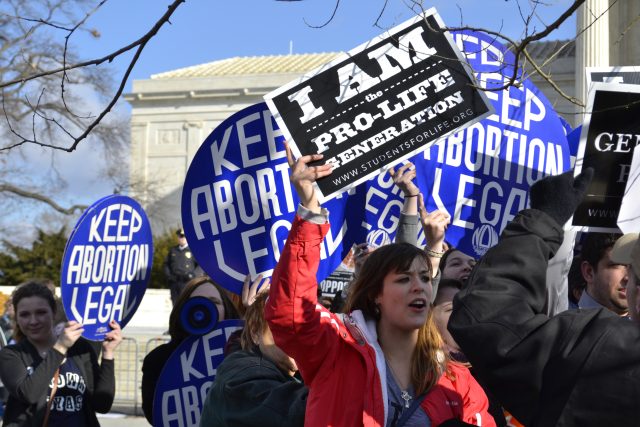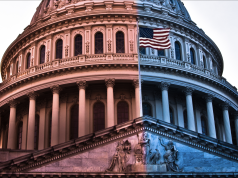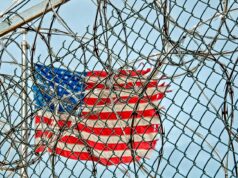
President Donald Trump has signaled that he plans to pardon pro-life activists who were convicted under the Freedom of Access to Clinic Entrances (FACE) Act during the Biden administration, according to a report from The Daily Wire. The move is expected to provide immediate relief to individuals who have faced significant prison sentences for their involvement in anti-abortion protests.
Understanding the FACE Act
Enacted in 1994, the FACE Act is a federal law designed to protect access to reproductive health services, including abortions. It prohibits the use of force, threats or physical obstruction to interfere with individuals seeking or providing such services.
Violations of the FACE Act carry severe penalties, ranging from fines to imprisonment, depending on the circumstances and whether the offender has a prior record. While the law’s primary intent is to safeguard access to clinics, it has also been applied to prosecute pro-life activists accused of obstructing clinic entrances or engaging in threatening behavior.
Controversial Applications and High-Profile Cases
Over the years, the FACE Act has sparked significant controversy, with critics arguing that it disproportionately targets pro-life advocates. They claim the law infringes on First Amendment rights, penalizing peaceful protests rooted in religious or ideological beliefs.
– Advertisement –
One high-profile example involved Mark Houck, a Catholic pro-life advocate charged under the FACE Act in 2022. Houck’s case stemmed from an altercation with a Planned Parenthood volunteer, which he passionately argued was an act of self-defense. A jury later acquitted him, but the case became a rallying point for pro-life groups, who argued it exemplified federal overreach and selective enforcement.
Critics of the FACE Act also highlight what they perceive as inconsistent enforcement. While the law has been rigorously applied to defend the pro-choice movement, pro-life advocates claim that incidents involving vandalism or harassment at pregnancy resource centers and churches are often overlooked.
Who Is Being Pardoned?
If the pardons move forward, several pro-life activists currently in prison will see immediate relief. Among those expected to be pardoned are:
-Lauren Handy: 57 months
-John Hinshaw: 21 months
– Advertisement –
-Jonathan Darnell: 34 months
-Herb Geraghty: 27 months
-Jean Marshall: 24 months
-Joan Bell: 27 months
– Advertisement –
-Paulette Harlow: 24 months
-Bevelyn Williams: 41 months
-Heather Idoni: 24 months
-Calvin Zastro: 6 months
These individuals were convicted for participating in demonstrations at abortion clinics in Tennessee, Washington, D.C. and New York, which prosecutors argued constituted violations of the FACE Act:
The D.C. protest involved a group of pro-life protesters singing songs, praying, locking arms in front of the facility’s staff entrance, and attaching themselves with ropes and chains to block doors inside the infamous Surgi-Clinic in October 2020, a late term abortion facility. In Tennessee, a group of pro-life Christians gathered in a hall outside the Carafem Health Center in Mt. Juliet where they sang hymns, prayed, and urged women not to get abortion in March 2021.
Many of the defendants have already been imprisoned for over a year with many more months yet to serve.
“I would love to be home with my family,” 59-year-old Heather Idoni said in September. “I would love to hold my new grandson.”
Idoni was sentenced to two years in prison over the D.C. protest and was given another eight months to serve concurrently from the Nashville protest.
Broader Implications
Trump’s decision to pardon these activists underscores a sharp divide in how federal laws like the FACE Act are interpreted and enforced. For pro-life advocates, the move represents a correction to what they view as unjust and politically motivated prosecutions. For others, it raises questions about the balance between protecting access to health care and safeguarding free speech rights.




